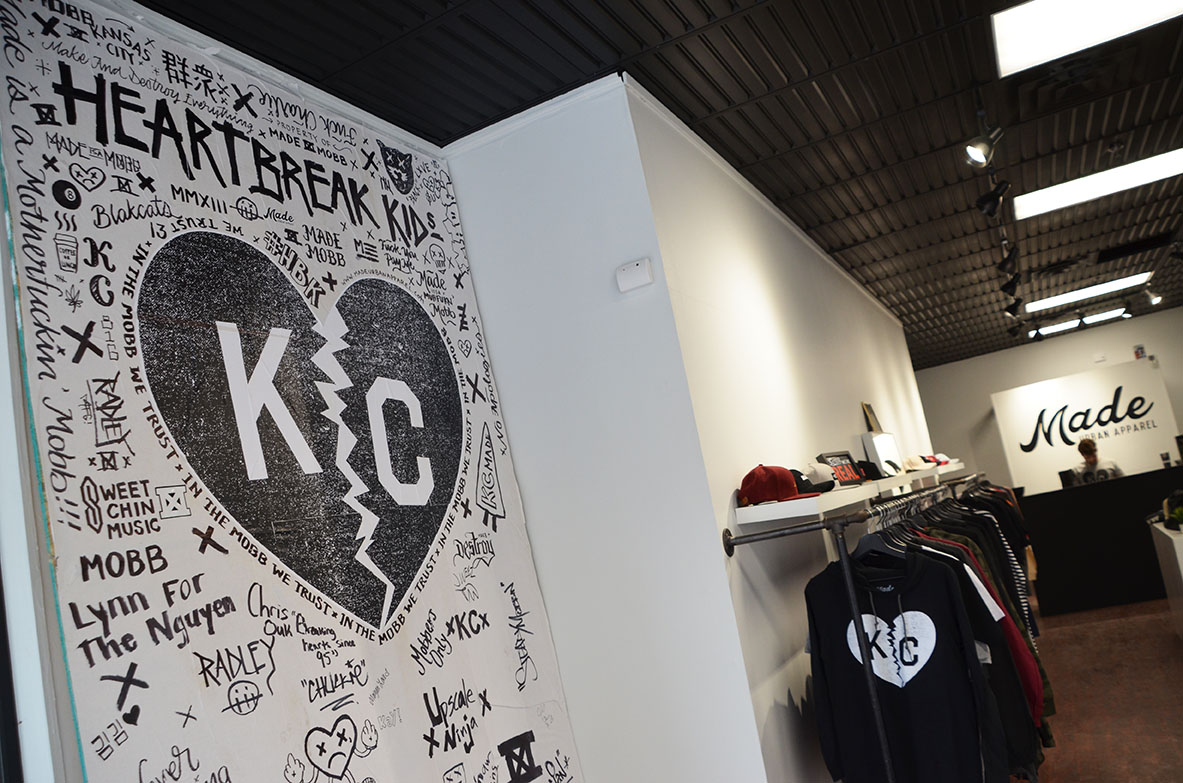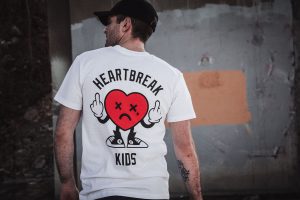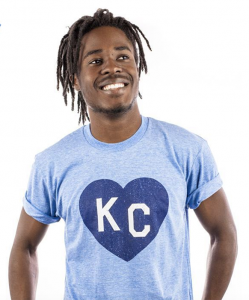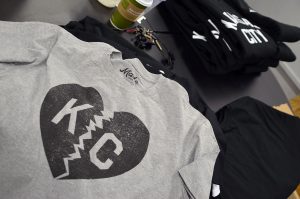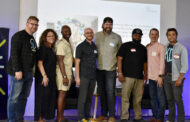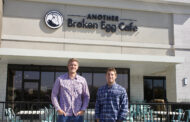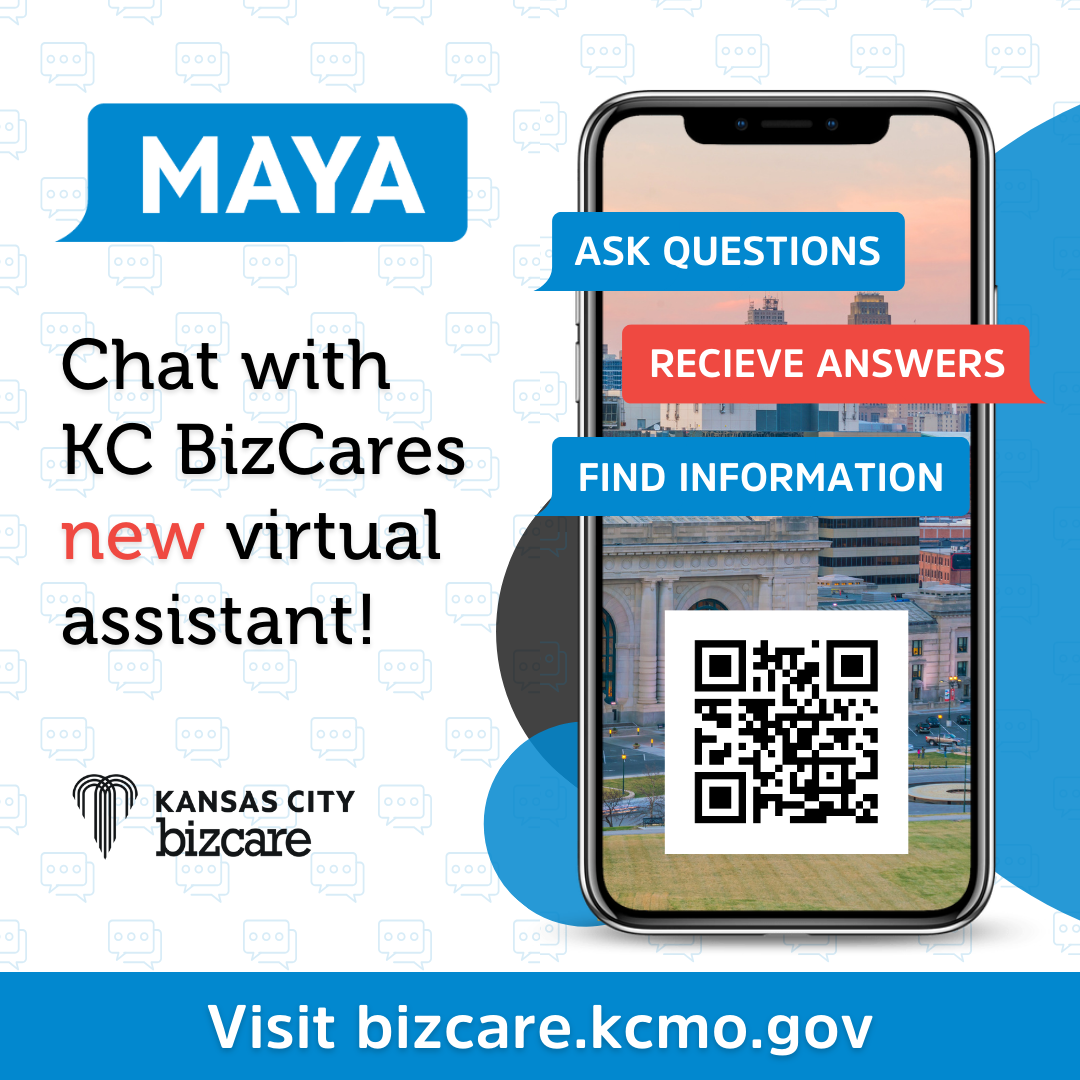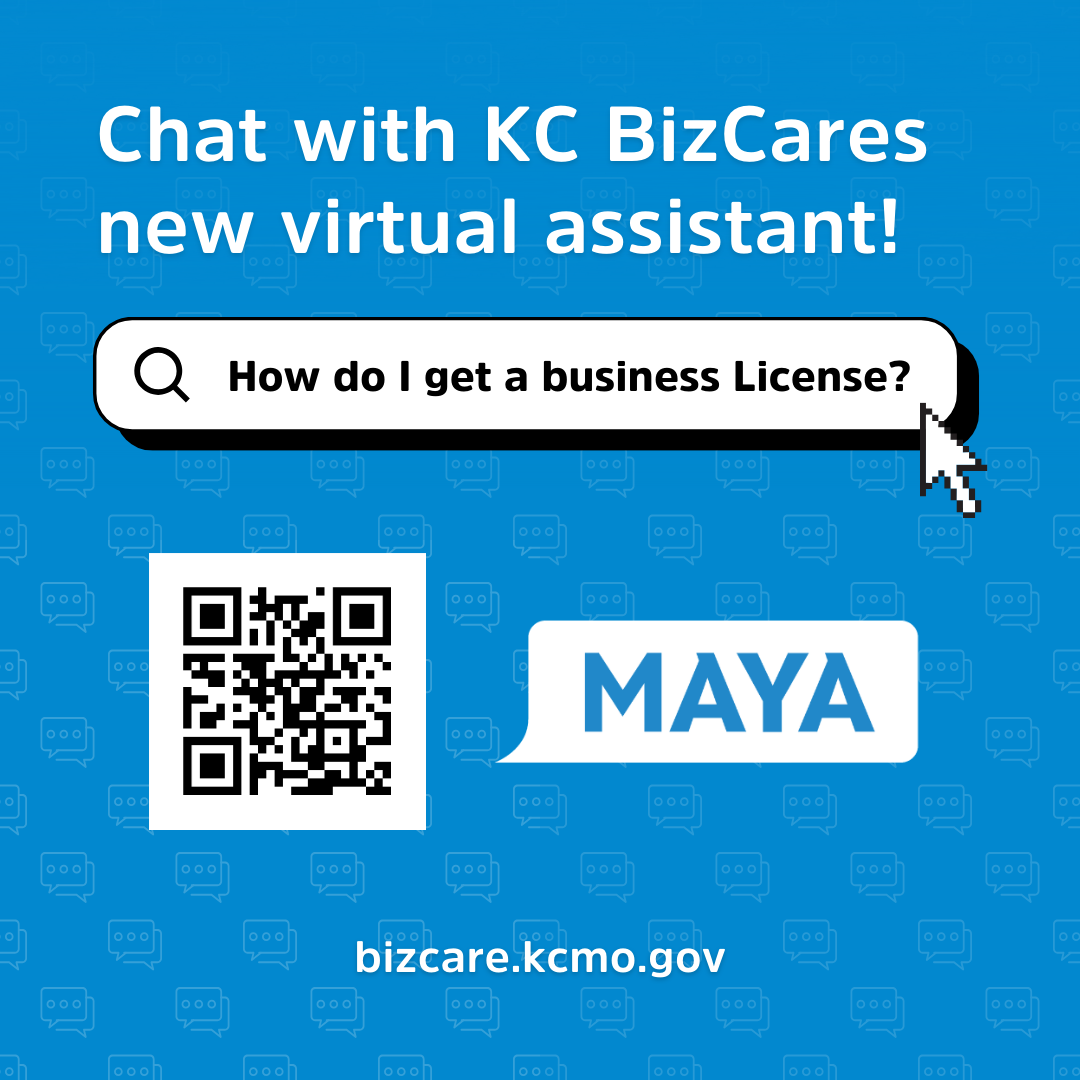Streetwear is about making a statement, Vu Radley said, and the Heartbreak Kids collection says more than words alone could express.
“It’s an attitude. Pushing out statements without censoring yourself,” said Radley, co-founder and creative director for MADE Urban Apparel. “We say it how it is in our designs.”
For the Heartbreak Kids capsule, which dropped Feb. 10 at MADE’s flagship store downtown, that translates to a collection of designs featuring gritty “counter-culture” imagery that takes a swipe at a leading Kansas City apparel competitor, Charlie Hustle. It’s a literal middle-finger directed toward the mainstream, said Radley and fellow MADE designer Max Ayalla.
“This collection for us is more of an anti-establishment approach to Kansas City,” Ayalla said. “We’ve dirtied it up. We’ve kept on our own brand. It’s really our interpretation of the anti-cheesy-corny-kitschy Kansas City-look that people are utilizing right now and making popular.”
“A lot of other things you’ll see — hearts and fountains — are not really our vibe,” Radley added. “When you see our KC products, hopefully you can see the difference between them and something that’s more souvenir.”
Heartbreak Kids’ monochromatic color scheme is broken up only by a red heart-shaped character that features MADE’s signature X’s for eyes, as well as hand gestures that aren’t appropriate for all retail locations, Radley added. The collection’s white tee featuring the design sold out in less than 24 hours, according to co-founder Mark Launiu.
“We’d been wanting to add a character, another little mascot. That’s what’s fun about what we do. It has middle fingers thrown up, and that’s kind of what streetwear is,” Radley said. “Everybody’s been posting ‘No apologies’ lately, and we don’t have any apologies for Heartbreak Kids. We just put it out. It was time to do it.”
Jokes fit to print
While the creative process for most MADE collections begins about six months before the clothes debut in stores, the broken heart design for Heartbreak Kids was in the works much earlier, Radley and Ayalla said.
The image started as an inside joke within the MADE Mobb — the apparel business’ team and supporters — in late 2016, Ayalla said, but it wasn’t until a few months ago that the designers decided to take it public in a formal collection.
While Radley and Ayalla declined to detail a specific trigger, the following played out late last year on social media.
In November and early December 2017, Instagram users pointed out similarities between a new design from Kansas City’s Charlie Hustle — maker of the iconic KC Heart tee — and an existing shirt by Oddities Prints, a boutique print maker on East 31st Street.
(It wasn’t the first such claim of duplicated imagery, with MADE fans previously noting similarities between one of its white, block-letter “Kansas City” shirts and a later offering from Charlie Hustle.)
At about the same time, Normal Human, a small screen printing shop in the Crossroads, made headlines when it introduced the “Heart T-shirt T-shirt” — a shirt emblazoned with the image of a Charlie Hustle KC Heart Tee on its front.
Though tension already had been brewing in the local apparel industry over brands’ intellectual property, the timing to the Oddities Prints dustup was coincidental, said Dan Mahaney, co-owner of Normal Human.
“We had a lot of people who loved it because of the feud, although it was not our specific intention to take a shot at another local company; we just thought it was a funny idea, commentary on KC T-shirt culture, in general, and our (Normal Human’s) place within it,” he said. “Maybe this is an apt analogy: We’re the guy behind home plate waving his hands like a crazy person so our friends at home will see us on TV, while Charlie Hustle is up to bat with the bases loaded.”
The shirt was meant in jest — a way of showcasing that Normal Human wasn’t taking itself too seriously, Mahaney said.
“It was us saying, ‘Things are really getting out-of-hand, and we know it,’” he said.
Charlie Hustle reportedly declined to comment at the time, and Mahaney said he never heard anything from the company about the Heart T-shirt T-shirt. (Oddities’ owner and artist Jordan Carr told Startland he thought the Normal Human design was funny, which echoed a December Instagram post about the situation.)
“What it all boils down to for us is that we believe the various local apparel companies can co-exist successfully; that what’s good for one of us, can be good for all of us, as long as we’re supportive of each other and each producing creative, original work,” Mahaney said.
Iconic inspirations
Charlie Hustle isn’t interested in a turf war, said Chase McAnulty, the company’s owner and CEO.
“We are a young, growing company just out of the startup phase, focused on scale,” he said. “It’s a beast of a challenge and we gotta keep our eye on the prize.”
In the apparel industry, it’s fairly natural for companies to develop similar ideas independently, McAnulty said, noting elements of Charlie Hustle’s designs often find their ways into others’ works.
“We have been doing this for six years now and have designs that come in almost weekly that we have clearly influenced,” he said. “It’s important to handle that stuff professionally and work through it. The minute you pore your focus into another company is when you lose focus on your own.”
Charlie Hustle’s KC Heart itself was inspired, in large part, by Kansas City designs that came before it, McAnulty said.
“Back in the 1920s, the railroad stations had a pin with Kansas City written inside the heart. The (Country Club) Plaza actually had a variation of the KC inside the heart on light poles, and, of course, the Monarchs (Negro League baseball team) had a patch on their jersey,” he said. “It’s been a part of Kansas City history. We just brought it to prevalence on clothing and other items and we try hard to protect that as an icon to Kansas City. We have a lot of civic pride in this city and as we grow, it’s important to protect that and celebrate it.”
The logo has additional significance, especially in February, which is Heart Health Month, McAnulty said. The company annually releases a collection to benefit the American Heart Association, which heavily features the design.
“Obviously, there are a lot of synergies there between the KC Heart and Heart Health. We wanted the icon to have meaning and stand for something in this city and it has,” he said. “We’ve raised over $300,000 for multiple initiatives using the heart and this one makes a ton of sense for us in teaming up with the American Heart Association of Kansas City. They have been very gracious partners and that what we look for, good partnerships that are mutually beneficial.”
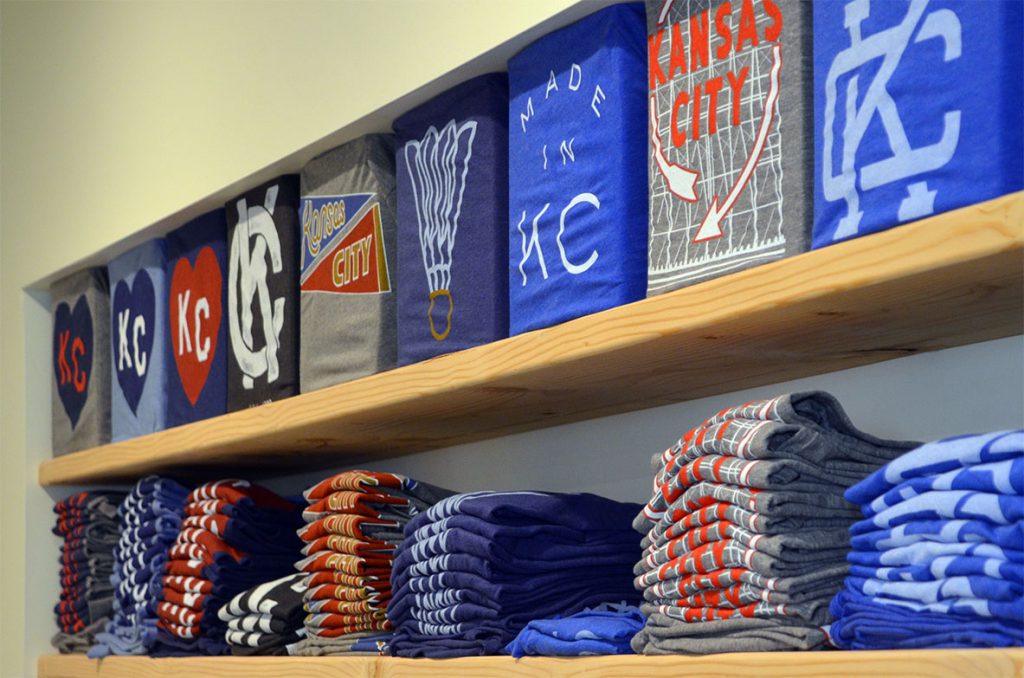
Made in KC
‘Fashionpreneur’ protections
Not every player on the Kansas City apparel scene sees the same level of intrigue and debate regarding designs, Tyler Enders, co-founder of retailer Made in KC, told Startland News in September.
“The community is very much about helping each other, lifting each other up, collaboration,” Enders said. “There is very little fear of looking over your shoulder at who’s copying. Occasionally we get copycat stuff, but it’s amazing how sensitive people are to it because everyone has this crazy mutual respect where they go out of their way to avoid anything that looks like it’s encroaching on other people’s turf.”
Enders speaks from experience. Made in KC’s ownership team approached Sandlot Goods in 2015 to ask founder Chad Hickman if their new business’s name would interfere with a popular line of “Made in KC” T-shirts sold by the leather goods store.
“The T-shirt was sort of an afterthought for us,” Hickman said, shrugging off the potential for dispute between brands.
Today, Made in KC not only sells Sandlot Goods’ products in its stores, but also features select apparel from both MADE and Charlie Hustle, as well as other brands. Within such an increasingly crowded Kansas City market, companies should be protecting themselves, their names and designs, said business attorney Adrienne Haynes, founder of SEED Law.
The market already is ripe for consumer misunderstanding with such similarly named brands as MADE Urban Apparel and Made in KC (which also operates the Made in Kansas City Marketplace — not to be confused with MadeMarketKC, also known as Made Art KC and Made: A KC Artist Market).
For fashion law specifically, intellectual property protections include copyrights, trademarks and patents, said Haynes, who presented during Global Entrepreneur Week’s “For the Fashionpreneur” event in November.
One of these three fashion protections is typically more useful for the majority of designers, she added.
“Trademarks are for words, phrases, symbols, logos or any combination thereof,” Haynes said. “Of course, a trademark can help protect a designer’s name and logo, but it can also protect some unique and original prints and patterns.”
The catch?
“To get something protected, it has to be novel, non-obvious and brand new. So you can’t usually get a trademark on something everyone’s using,” she said.
Obtaining a trademark for every design in a collection also can be pricey — on average about $1,000 each at Haynes’ downtown law office — though it often is well worth the up-front investment, she said.
“If a designer is coming up with a series or a brand of shirts that they’re planning to push all across the country and they know that if people were to infringe on the design that it would cost them money, then it would be worth pursuing a trademark,” Haynes said. “If $1,000 gets you protected so you can leverage that brand into millions, it’s worth it.”
The process is nuanced even for the most established brands, but it can save on headaches and controversy down the road, she said.
“If people are using any part of your brand, what you want is to be able to send them a letter to say, ‘Hey, we see you and we want you to stop,’” Haynes said. “It’s about helping protect what you’ve built.”
A common thread
The grind never ends.
“While designing, we ask ourselves, ‘What is Midwest streetwear?’” Radley said from MADE’s office on Grand Boulevard. “Everybody kind of already knows West Coast and East Coast streetwear, so we’re trying to pioneer Kansas City streetwear. With every capsule, we try to answer that question. I wouldn’t say we’ve got it yet, but we’re getting closer every time.”
“We want to take it back to the core … that blue collar, dirt-under-the-fingernails kind of person. The guy that really is a Kansas City native, through and through,” added Ayalla.
Both men came to MADE with experience — Radley a former designer for The Pitch and an in-house private label designer for Rally House; Ayalla most recently a former designer for Lenexa-based Gear For Sports, which allowed him to work through the company’s license with Under Armour.
Though a co-founder of the business, which launched in 2012, Radley only recently was able to quit his other job to focus on MADE full-time, he said. Ayalla calls his gig with the company his “second 9-to-5.”
“It doesn’t pay super well, you know. We don’t have the type of money to pay all our people like it’s a full-time job,” Radley said. “We’re still a small business out here trying to get to where we have a decent and steady income. These guys all joined because they had passion and wanted to build something together.”
Though his background, approach and brand are different, Charlie Hustle’s McAnulty said such drive doesn’t go away as a company grows from its startup phase.
“I started the company to bring back that fit and feel from T-shirts of the past. I collected vintage sports tees and loved the stories they told,” he said. “My mother was actually one of the first creatives at Gear for Sports back in the day when it was called Winning Ways, so the bloodline is there, I guess you could say. We are blessed to be where we are at and it takes a little luck and a lot of hard work. We wouldn’t be anywhere without the people around us.”
“We’ve worked our butts off to get here and we have only just begun,” McAnulty added.
Though MADE’s team didn’t vocalize concerns about any specific local brands, Radley said it’s important they each be conscious of and intentional about their impact on fellow small businesses.
“We’re all trying to eat out here,” he said. “We’re all trying to grow the culture in Kansas City to be more relevant in fashion.”





